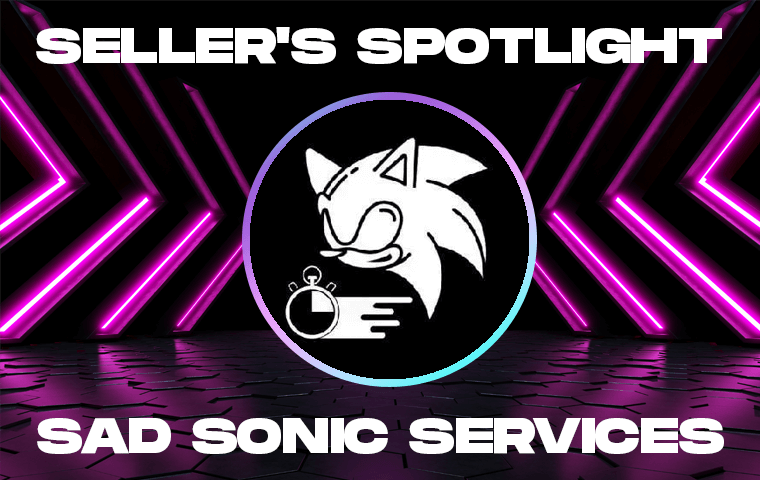Game boosting is everywhere these days—whether you're trying to quickly rank up in Valorant, conquer raids in World of Warcraft, or boost your matchmaking rating in CS2. But despite its popularity, boosting services spark plenty of debates within gaming communities. The core question: Is boosting ethical, or is it a form of cheating?
Let's dive into the ethical nuances, risks involved, and what the gaming community really thinks about boosting.
What Exactly Is Boosting?
Before we address ethics, it's crucial to define what we’re discussing. Game boosting typically means paying skilled players or professionals to help you advance in a game. Common forms include:
Rank Boosting: Having a skilled player increase your competitive rank.
Achievement Boosting: Completing difficult challenges or achievements.
Boss Farming: Expert players defeating challenging bosses to earn rewards.
Account Sharing: A pro logs into your account to play for you (vs. Duo Play, where you play alongside a pro).
Is Game Boosting Cheating?
The most common ethical debate revolves around fairness. Boosting is viewed by some gamers as undermining the integrity of competitive play, while others see it as a legitimate way to enjoy the game.
Arguments against boosting:
Unfair Competition: Players who boost can artificially inflate their rankings, making competitive matches unbalanced.
Skill Misrepresentation: Boosted players may not possess the skills their ranks indicate, frustrating teammates.
Integrity of the Game: Rankings lose meaning if they don’t reflect true skill and effort.
Arguments in favor of boosting:
Time Efficiency: Many players use boosting to overcome excessive grind and progress quickly.
Accessibility: It allows busy individuals to experience end-game content or high-level play without extensive time investment.
Enjoyment and Personal Choice: As long as boosting doesn't directly harm other players' experiences, supporters argue players should be free to spend their money as they wish.
Ultimately, the community remains divided. For some games, boosting is widely accepted; for others, it can be frowned upon or even explicitly prohibited.
Risks Associated with Boosting
Beyond ethical considerations, there are also practical risks:
Account Security: Particularly with account-sharing methods, there is always a risk of accounts being compromised or banned.
Penalties from Developers: Some game developers (like Riot Games for Valorant or Valve for CS2) explicitly forbid boosting, and engaging in it can lead to permanent bans.
Community Backlash: Being identified as a boosted player can result in social stigma within gaming communities.
How Different Games Handle Boosting
Different games take unique stances on boosting:
Valorant & League of Legends: Riot Games actively bans boosting practices and penalizes accounts involved in account sharing.
World of Warcraft: Blizzard has nuanced rules—boosting itself isn’t always against terms of service, especially when using Duo Play methods. However, account sharing or boosting through third-party software is forbidden.
Counter-Strike 2: Valve strongly condemns account-sharing-based boosting. Players caught boosting via account sharing can receive permanent bans.
DotA 2: Boosting is heavily frowned upon, with Valve taking action against confirmed boosting or account sharing.
Understanding the rules of your specific game is essential before pursuing any boosting service.
Community Opinions: Mixed Perspectives
The gaming community’s perspective on boosting varies widely:
Competitive Players: Generally opposed to boosting, seeing it as undermining true competitive ranking systems, but use them on new accounts to boost their ranks quickly so they can be matched with opponents on their skill level as soon as possible.
Casual Players: Often indifferent, seeing boosting as a personal choice or convenience.
Professional Players and Coaches: Many coaches advocate Duo Play (coaching) over traditional boosting, since it improves skills without compromising fairness or ethics.
Community forums and subreddits regularly host heated discussions about boosting. The consensus is far from universal, highlighting that personal ethics and values largely dictate perspectives.
How to Boost Ethically: Is It Possible?
Many players wonder if ethical boosting even exists. It might—but within strict boundaries:
Duo Play (Coaching): Playing alongside a professional coach without account sharing is widely accepted as ethical since you actively participate, learn, and improve your own gameplay.
Transparency: Being honest with your teammates or guild members about receiving coaching or assistance is generally seen as acceptable.
Compliance: Using boosting methods allowed within your game’s terms of service ensures ethical alignment.
Final Thoughts: Is Boosting Right for You?
Boosting walks a fine line between convenience and fairness, personal choice, and community responsibility. While outright account-sharing boosting methods may compromise fairness, coaching-based options like Duo Play offer an ethical, community-friendly alternative.
Before engaging in any form of boosting, ask yourself:
Am I violating my game's rules?
Could my actions negatively impact other players’ experiences?
Is there an ethical alternative (like Duo Play coaching)?
By asking these questions, you’ll make informed decisions that respect both your gaming community and your personal ethics.



